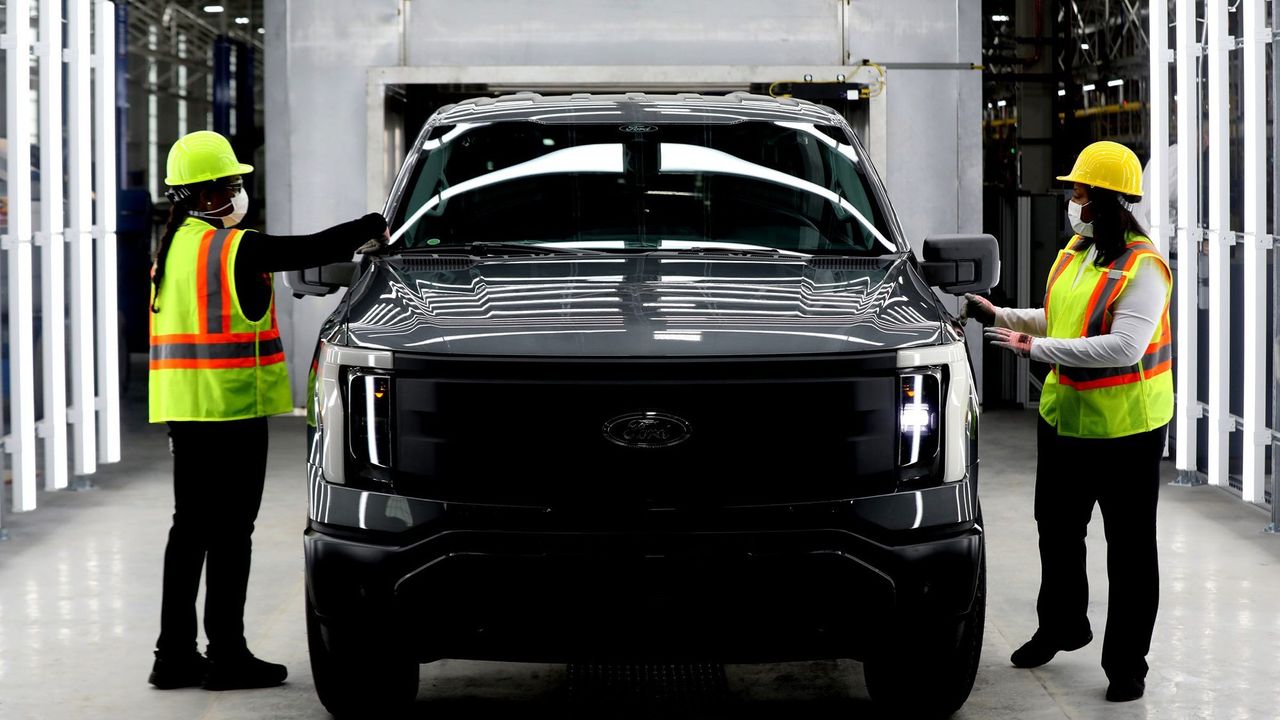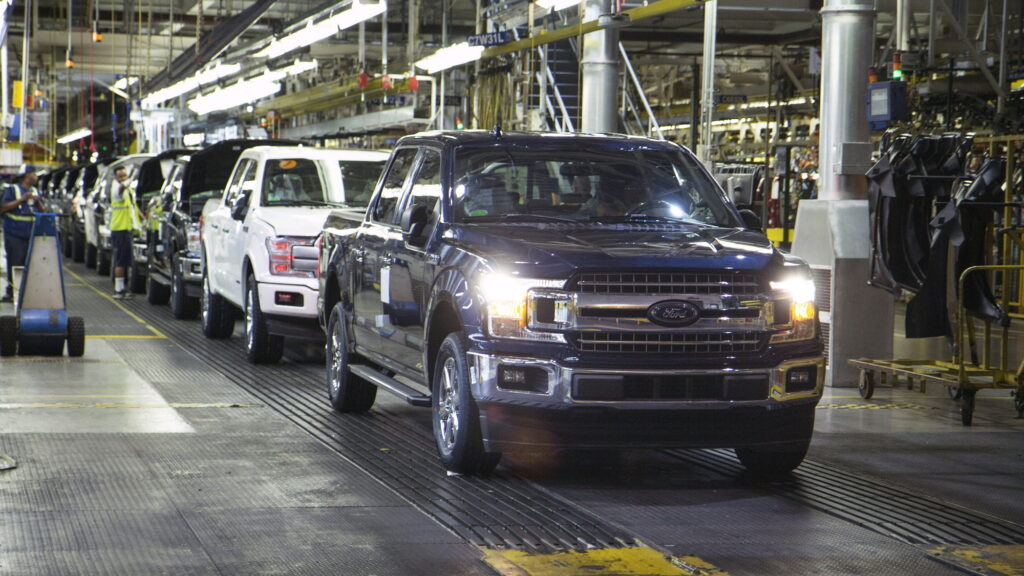Ford is using new artificial intelligence (AI) technology in its factories to reduce mistakes and avoid costly defects, as per Automotive News. Investors are putting pressure on Ford to cut losses from recalls and quality problems. The Blue Oval is taking this seriously, and the new technology is proving very helpful.
For instance, in hybrid vehicles like the Escape Hybrid and Maverick, there are rubber seals called squish tubes used in the electric oil pump. Sometimes, these seals don’t seal properly due to various reasons like shifting during shipping or falling out during assembly.
The problem isn’t just the cause but the result: production has to stop to fix the issue or a faulty part might end up in a vehicle and get sold to a customer. This costs Ford money and time, and damages its reputation. But the new Mobile Artificial Intelligence Vision System is changing this. It’s good at spotting problems, like identifying issues with the squish tubes and prompting engineers to make improvements.
Before using AI, the Van Dyke facility reported around 40 pumps with faulty seals per month in 2023. But in April 2024, there were zero defects reported, thanks to the AI system. Ford’s CEO Jim Farley wants to improve quality but knows it will take time.

The AI system is being used at 325 workstations in 20 Ford factories worldwide. It can inspect different manufacturing tasks and detect various issues, even checking for correct badging and placement. This will help Ford fix its quality issues. Ford has issued more recalls than any other automaker for three years, which isn’t good.
The AI system is simple: it uses a mobile phone camera to take pictures of components and compares them with images of correctly and incorrectly installed parts. It takes just two seconds to confirm if a part is fitted correctly or if the assembly line needs to stop.
Ford started using this system in 2021 as part of its “no faults forward” initiative. Other carmakers like Volkswagen are also using AI in their systems. However, AI isn’t perfect and might miss new types of issues it’s not trained for, as per Stephen Biller, a professor at Purdue University.

